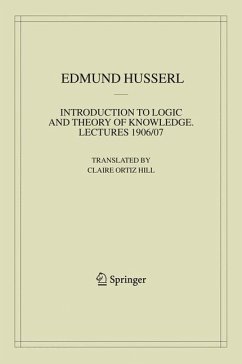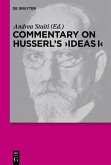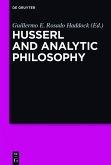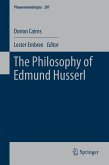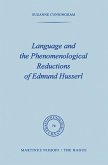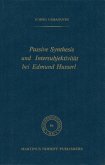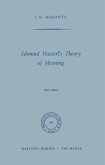Husserl considered that in the courses that he gave at the University of Göttingen he had progressed well beyond the insights of the Logical Investigations. Once he exposed the objective theoretical scaffolding needed to keep philosophers from falling into the quagmires of psychologism and skepticism, he set out on his voyage of discovery of the world of the intentional consciousness and to introduce the phenomenological analyses of knowledge that were to yield the general concepts of knowledge needed to solve the most recalcitrant problems of theory of knowledge understood as the investigation of the thorny problems involving the relationship of the subjectivity of the knower to the objectivity of what is known.
This translation appears at a time when philosophers in English-speaking countries have heartily embraced the thoughts of Husserl's German contemporary Gottlob Frege and his concerns. It is replete with insights into matters that many philosophers have been primed to appreciate out of enthusiasm for Frege's ideas. Among these are: anti-psychologism, meaning, the foundations of mathematics, logic, science, and knowledge, his questions about sets and classes, intensions, identity, calculating with concepts, perspicuity, and even his idealism.
Dieser Download kann aus rechtlichen Gründen nur mit Rechnungsadresse in A, B, BG, CY, CZ, D, DK, EW, E, FIN, F, GR, HR, H, IRL, I, LT, L, LR, M, NL, PL, P, R, S, SLO, SK ausgeliefert werden.

